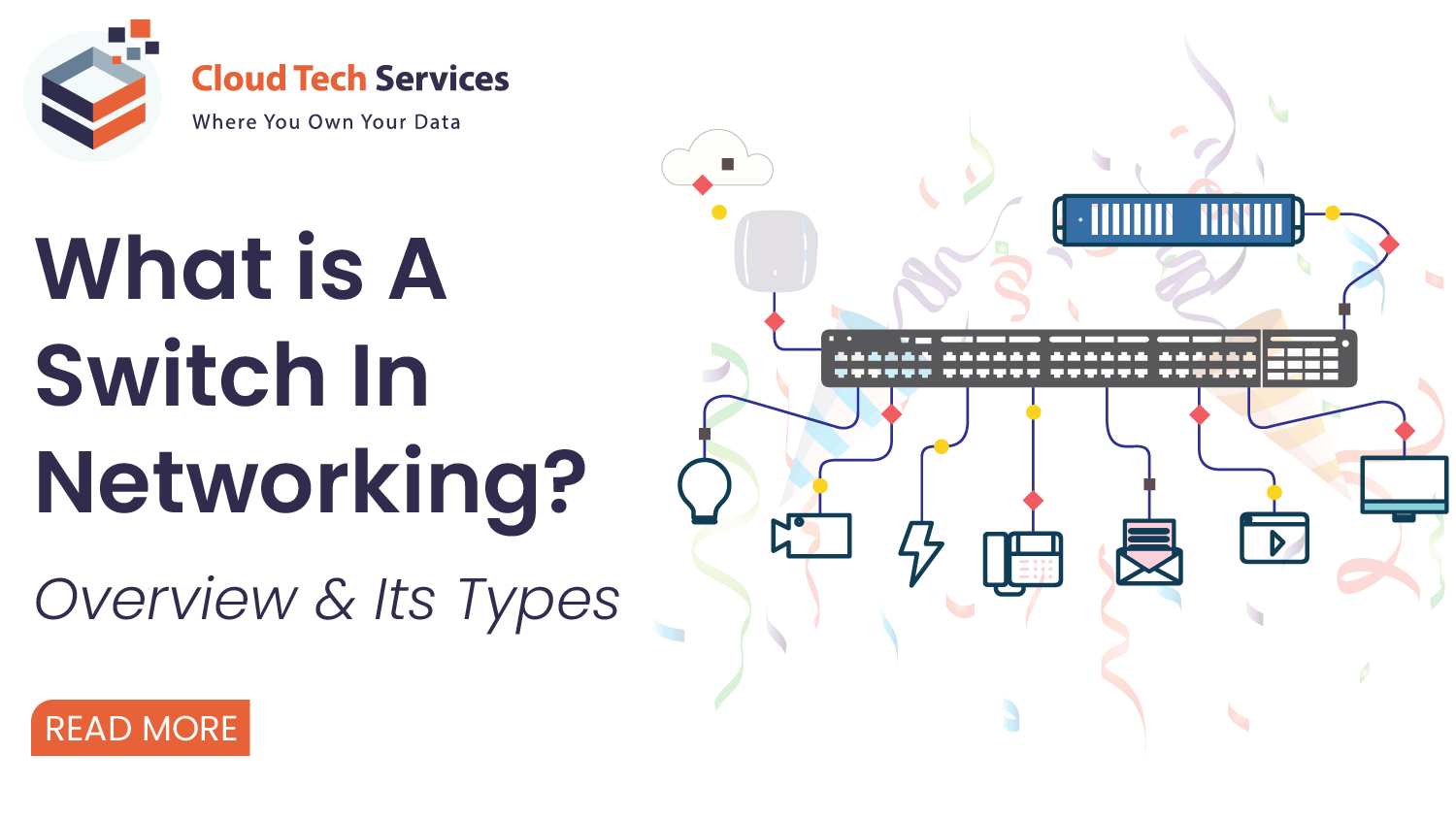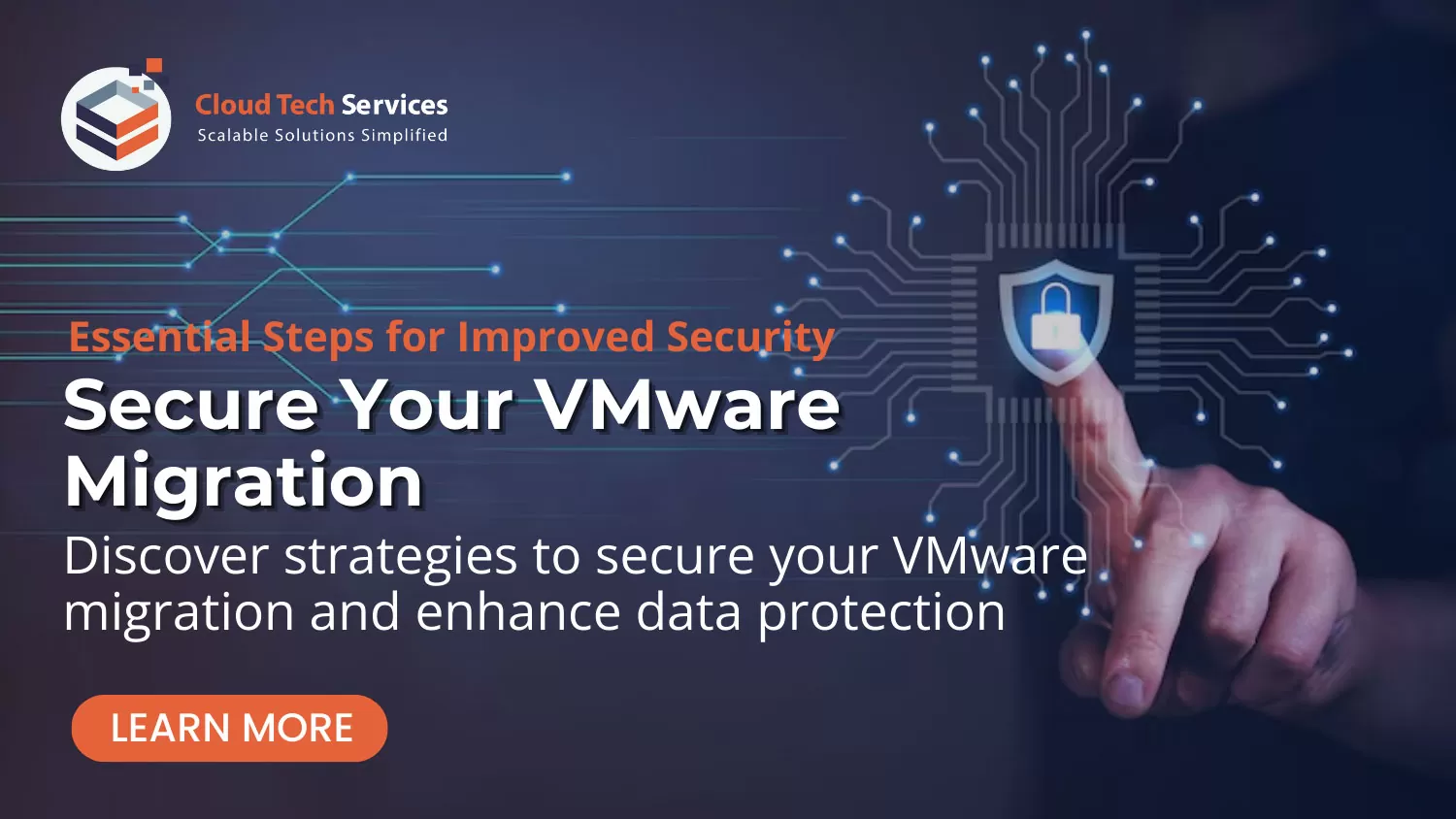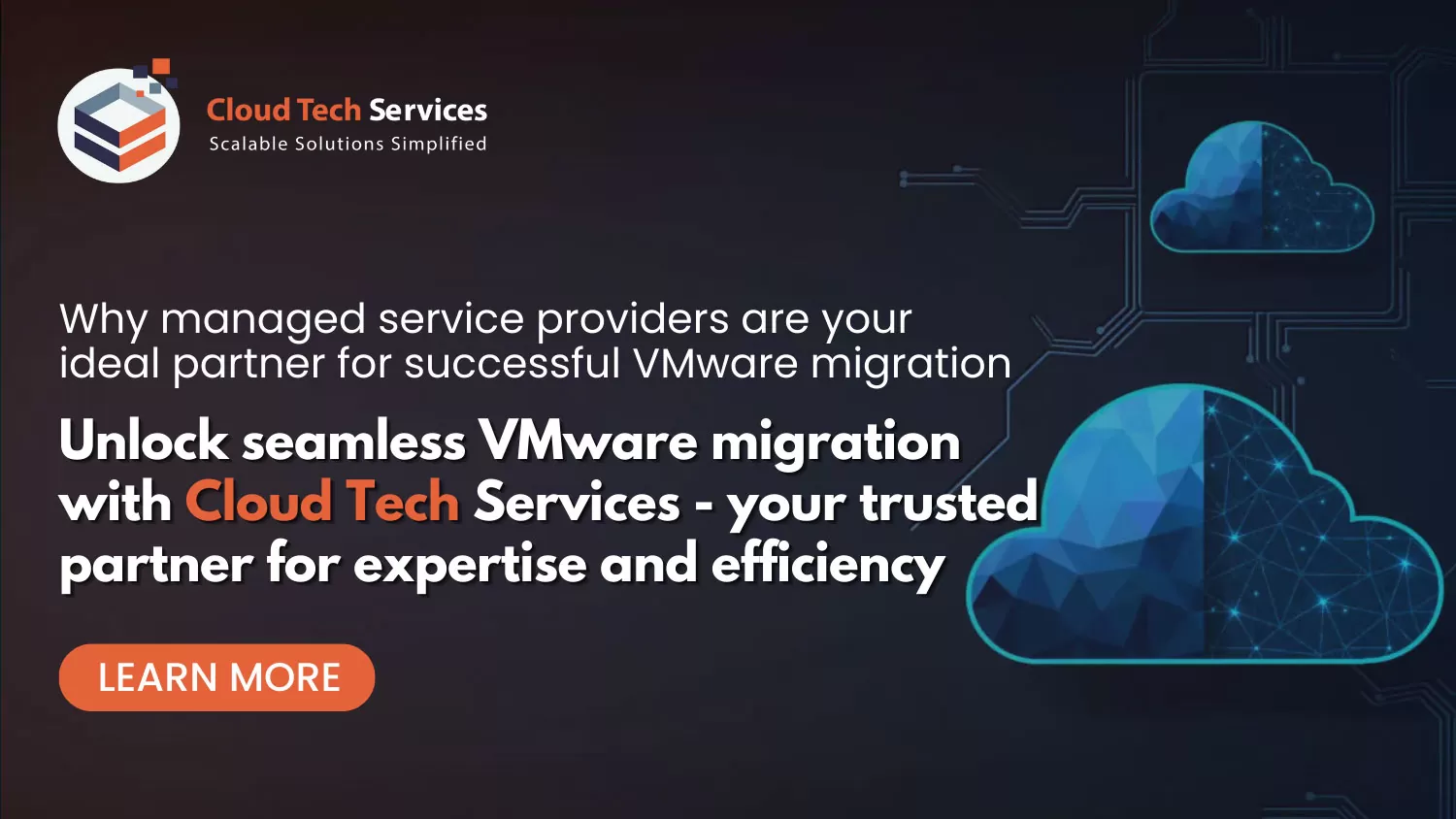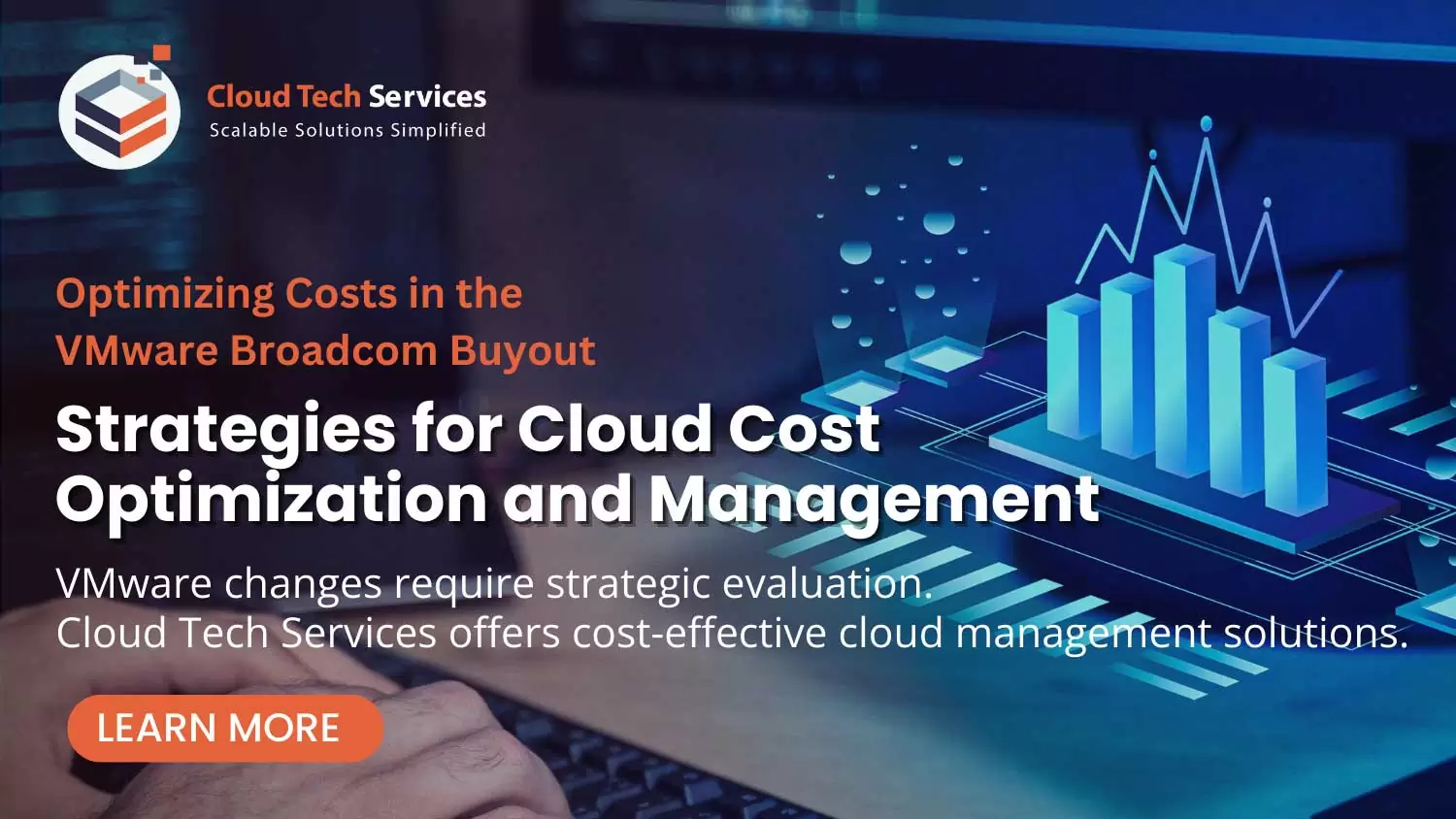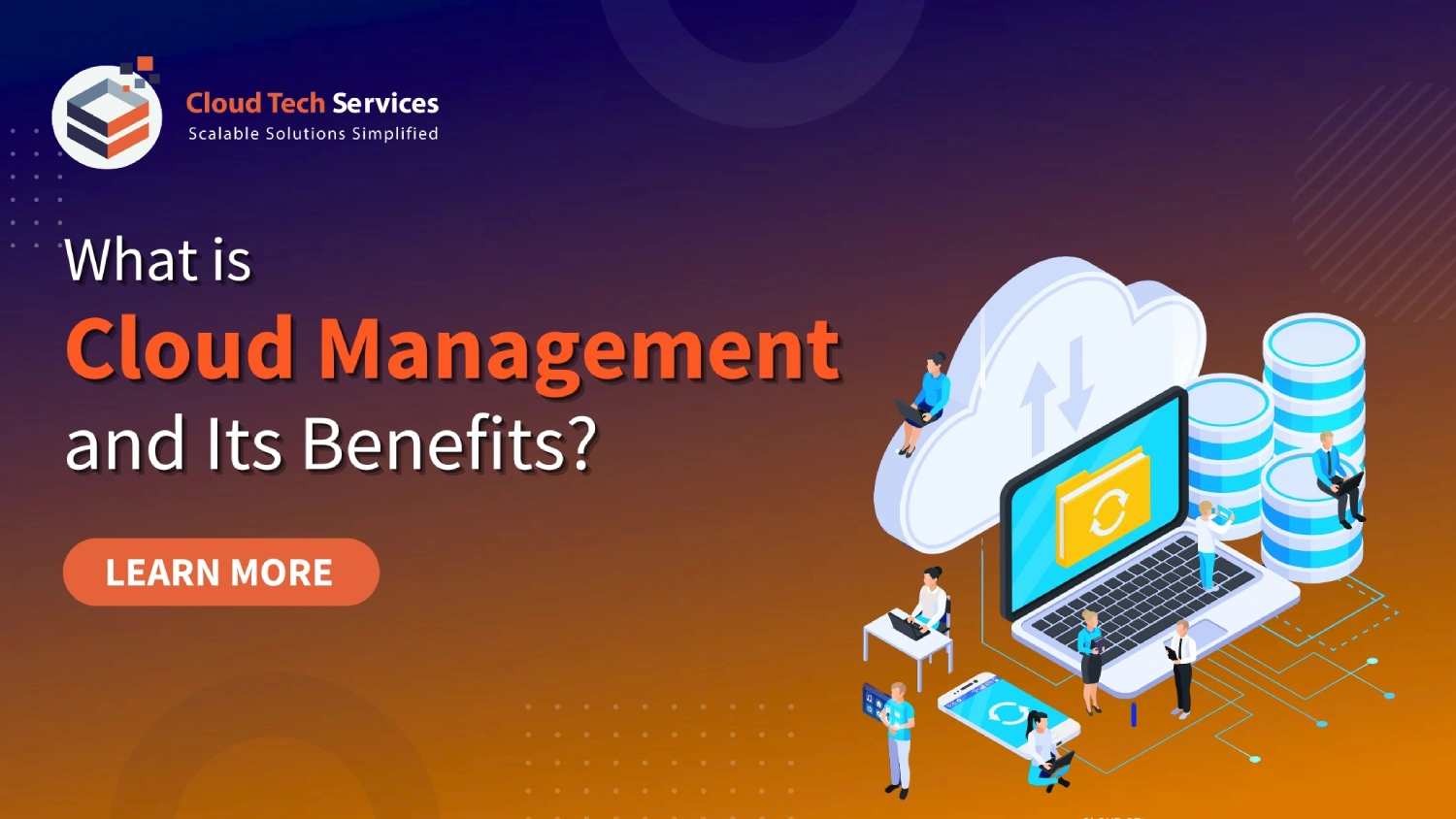What is Cloud Management and Its Benefits?
Did you know that 94% of enterprises leverage cloud services, yet nearly half struggle with managing them effectively?
This gap underscores the importance of a solid cloud management strategy. Imagine your business experiences a sudden spike in demand or needs to secure sensitive data quickly. Without a robust cloud management plan, you risk costly downtime and security breaches.
Understanding Cloud Management
Cloud management isn’t just about setting up virtual servers; it’s about overseeing and controlling your cloud resources and services. It involves ensuring data security, managing costs, and handling the complexities of cloud environments. For businesses of all sizes, a comprehensive cloud management strategy is essential to navigate these complexities efficiently.
What Does Cloud Management Involve?
At its core, cloud management includes:
- Planning: Strategically organizing cloud resources.
- Monitoring: Keeping an eye on performance and usage.
- Optimizing: Ensuring efficiency and cost-effectiveness.
Whether deploying applications, storing data, or running complex analytics, effective cloud management ensures your IT infrastructure remains scalable, secure, and cost-effective.
Common Cloud Management Challenges
Managing cloud environments comes with its set of challenges:
- Resource Sprawl: Tracking and controlling numerous cloud resources can be overwhelming.
- Security Risks: Inadequate security measures can expose you to cyber threats.
- Unexpected Costs: Poor visibility and management can lead to overspending.
These issues often result from weak cloud management strategies, leading to inefficiencies, higher costs, and potential security risks.
How Cloud Management Works
Cloud management integrates various tools and processes to streamline cloud resource use, including:
- Resource Provisioning and Allocation: Ensuring resources are available as needed to prevent shortages and overspending.
- Automation and Orchestration: Automating routine tasks and orchestrating workflows to boost efficiency.
- Performance Monitoring and Optimization: Continuously tracking performance to optimize usage and cut costs.
- Security and Compliance Management: Implementing security measures and compliance protocols to protect data and meet regulations.
- Cost Management and Optimization: Monitoring resource use and finding ways to reduce expenses.
The Importance of Cloud Management
Cloud management provides a structured approach to managing your cloud environment. It helps businesses maintain control over IT resources, ensure data security, and optimize costs. In today’s digital landscape, where cloud services are integral to operations, effective cloud management is crucial.
Here’s why cloud management matters:
- Improves Efficiency: Automation and optimization enhance operational efficiency.
- Enhances Security: Robust security measures protect sensitive data and prevent breaches.
- Reduces Costs: Careful monitoring and optimization help avoid unnecessary expenses.
- Ensures Compliance: Tools and processes ensure adherence to industry regulations.
Key Benefits of Cloud Management
The benefits of cloud management are substantial:
-
 Scalability and Flexibility: Easily adjust resources based on demand.
Scalability and Flexibility: Easily adjust resources based on demand. -
 Cost Efficiency: Pay only for what you use and avoid unnecessary costs.
Cost Efficiency: Pay only for what you use and avoid unnecessary costs. -
 Enhanced Security: Protect your data with advanced security measures.
Enhanced Security: Protect your data with advanced security measures. -
 Improved Performance: Ensure smooth and efficient system operations.
Improved Performance: Ensure smooth and efficient system operations. -
 Simplified Management: Centralize control for easier management of resources.
Simplified Management: Centralize control for easier management of resources.
Effective Cloud Management Strategies
To make the most of cloud services, develop effective cloud management strategies:
- Set Clear Objectives: Define goals for your cloud resources.
- Implement Automation: Streamline processes and reduce manual intervention.
- Regular Monitoring and Reporting: Track performance and costs, adjusting as needed.
- Follow Security Best Practices: Implement and regularly update security protocols.
- Optimize Costs: Analyze usage patterns and adjust resources to prevent overspending.
Trust Cloud Tech Services for Your Cloud Management Needs
When it comes to managing your cloud environment, Cloud Tech Services has you covered. We offer comprehensive cloud management solutions tailored to your business needs. From resource provisioning to security management, our team ensures your cloud resources are optimized, secure, and cost-effective.
Partner with Cloud Tech Services for expert guidance on overcoming your unique challenges and achieving your goals. With us, you’re not just choosing a service provider—you’re gaining a dedicated partner committed to your success.







